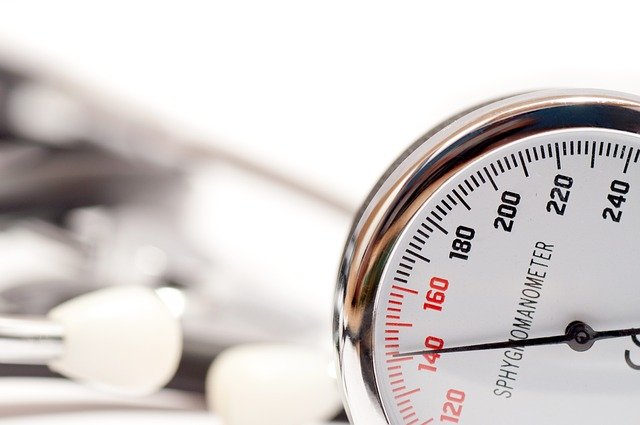
According to the 2017 guidelines, a healthy blood pressure level is below 120/80 mm Hg.
Measurements higher than 130/80 mm Hg shows high blood pressure or hypertension.
Some people may have a blood pressure level between the normal range and hypertension. This condition is called prehypertension.
Both high blood pressure and prehypertension could increase your risk of heart disease and stroke and should be taken care of.
Here are 8 lifestyle changes everyone can try to protect blood pressure health.
Eat the DASH diet
Research has shown that the Dietary Approaches to Stop Hypertension (DASH) diet can help you lower your blood pressure.
It includes a mixture of foods rich in minerals and vitamins while limiting the amount of saturated fats and cholesterol.
The diet plan includes vegetables and fruits, fat-free or low-fat milk, whole grains, fish, poultry, beans, seeds, and nuts.
Eat less sodium
Limit the amount of salt (sodium) you get each day to less than 2,300 milligrams (mg). This can help lower systolic (first, or top number) blood pressure by up to 8 points.
You also need to pay attention to processed and canned foods. Reading food labels and nutritional labels can remind you to control your sodium intake.
Eat more potassium
Adults in the U.S. don’t eat enough potassium. They should have 4,700 mg every day. But they eat about 2,000 mg less than that.
Research has shown enough potassium intake is linked to lower blood pressure.
Foods rich in potassium include cantaloupe, banana, orange juice, raw baby carrots, skim milk, nonfat yogurt, and some salt substitutes.
Keep a healthy weight
This is one of the best ways to lower your blood pressure without taking medicine. Being overweight or obese can bring many health problems, including high blood pressure.
Drink less alcohol
If you drink, do so only in moderation. That means no more than 2 drinks daily if you’re a man and 1 if you’re a woman.
One drink equals 12 ounces of beer, 4 or 5 ounces of wine, or a single 1.5-ounce shot of 80-proof liquor. All supply about 0.5 ounces of alcohol.
Don’t smoke
Smoking can raise blood pressure. If you smoke 20 to 30 times a day, the amount of time your blood pressure is raised quickly adds up. This can put you at higher risk for heart disease and stroke.
Smoking can be very unsafe for women who take birth control pills. The pill can raise a woman’s blood pressure by 2 or 3 points no matter her age.
Exercise regularly
Exercise on a regular basis. Try to be more active during the day, even if you’re at a healthy weight.
For example, pace while talking on the phone. Or you can play with your children instead of watching TV.
Research has shown that exercise can slightly lower your blood pressure.
It can also help you lose weight, even if you don’t cut back on calories. People who exercise grow more muscles and burn calories better than those who don’t exercise.
Sleep well at night
Having good nights’ sleep can make our body clock function well. This is very important for blood pressure health.
Research has shown that people with sleep problems or sleep deprivation have a higher risk of high blood pressure.
Copyright © 2019 Knowridge Science Report. All rights reserved.



